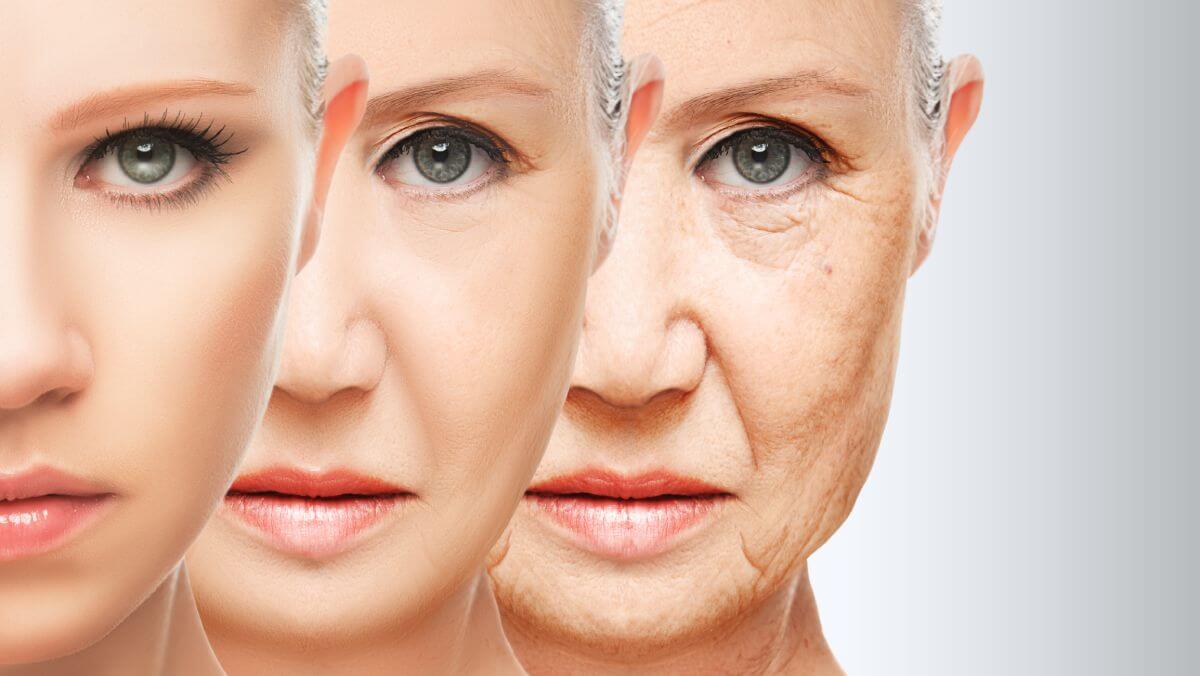Looking back at old photos, it’s hard not to notice how plump and shiny our skin looked a few decades ago, but now it is thinning and more translucent.
As we age, our skin thins, but what is happening and what can we do to look after our skin?
We need our skin, because apart from holding us together it is our largest sensory organ and protects us from the outside world of bacteria, fungal and viral infections.
So why does skin thin as you age?
What’s happening?
There are several factors involved.
Skin is made up of three layers, the epidermis (the outer layer), the dermis (middle layer) and the subcutaneous (innermost) layer.
Each layer plays a part in thinning skin.
As we age the cells of the epidermis don’t regenerate as often, resulting in a thinner layer that is more susceptible to damage and dryness.
The dermis produces collagen – a tough, insoluble fibrous and vital protein for many bodily structures including tendons, blood vessels cartilage, bones and of course skin.
According to research, up to one-third of the protein in the body and three-quarters of the dry weight of skin consists of collagen.
In the skin, it provides strength and elasticity and, as we age, our body produces less and less as time goes on.
As for the subcutaneous layer, it slowly loses fat, which naturally also causes the skin to thin.
And if that wasn’t enough, the oil glands in the skin, known as sebaceous glands, become less productive, also drying out the skin.
The rate at which your skin will thin includes several factors such as genetics, sun exposure, diet, alcohol use, smoking, certain medications and menopause, where there is a marked decrease in collagen production.
The side-effects of all this are that you may bruise and your skin may tear more easily, and damage may take more time to heal.
So how do you improve thin skin?
Slip, slop, slap
Sun exposure will accelerate any skin damage. Remember to always put on sunscreen. Don’t forget to concentrate on areas that receive the most exposure such as your hands, the tops of your ears and the back of your neck.
The A team
Consider using a vitamin A cream.
Vitamin A can be found in retinoids and retinol creams. There are many creams available at retail level or your doctor or dermatologist can prescribe a cream with a higher active ingredient level.
They are very effective at reducing and preventing the visible signs of ageing and damage from sun exposure.
Improve your diet
Poor diet and excessive alcohol consumption will often show up in your skin first.
Think about how dehydrated you become after a few too many wines. Add that up over years, and you can imagine what it’s doing to your skin.
Swap out processed foods for fresh fruit, vegetables and grains and try to cut down on the booze. There are some great low or no-alcohol products on the market now that give you the enjoyment of alcohol without a crushing hangover. A win-win.
It’s also vital to keep up the fluids, once again to avoid dehydration.
Buy time
There are several professional treatments out there that can help restore the appearance of your skin including laser treatment, dermal fillers, micro-needling and light therapy.
While some treatments can be done at home, it’s a good idea to get professional advice first to work out a program specific to your skin.
Have you noticed any changes to your skin density? Have you taken any steps to improve it? Why not share your experience in the comments section below?
Also read: How to find your personal colours and elevate your look.

